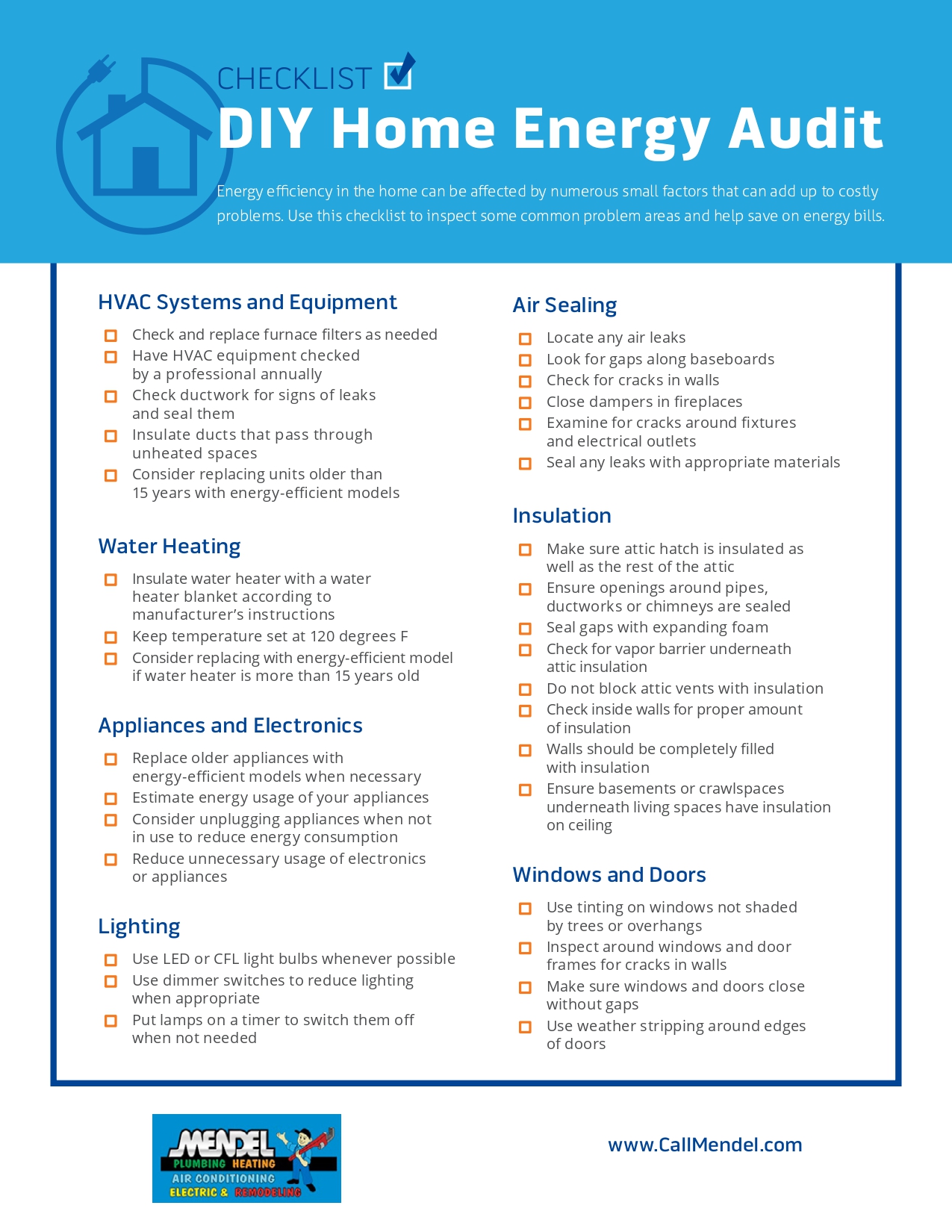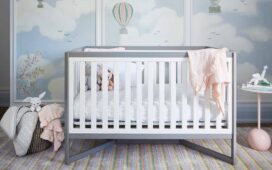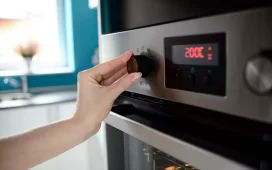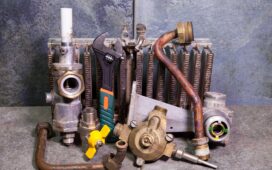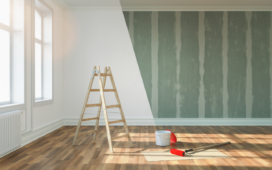Improving home energy efficiency requires a comprehensive approach that takes into account various elements impacting utility costs, such as lighting, HVAC systems (heating, ventilation, and air conditioning), water heating, and the use of appliances and electronics.
Your home’s HVAC system plays a pivotal role in energy consumption. Simple actions like changing air filters regularly and scheduling professional inspections—such as those for AC repair in St. Charles, IL—can boost your HVAC system’s efficiency. Furthermore, sealing ductwork leaks prevents the loss of conditioned air, and upgrading to newer, more efficient models can significantly improve system performance.
When it comes to water heating, focus on proper insulation and temperature control. Insulating your water heater and adjusting the temperature setting can substantially reduce energy use. Replacing old units with more efficient models also offers long-term savings.
Appliances and electronics are significant energy users. It is advisable to regularly assess the energy efficiency of these items and consider upgrades when it makes sense. Additional energy conservation can be achieved by unplugging devices when they are not in use and optimizing their operational frequency.
Lighting also impacts overall energy consumption. Switching to energy-efficient bulbs like LEDs or CFLs, and using dimmers and timers, can result in substantial savings and better energy management.
Addressing air leaks and enhancing insulation are critical for energy efficiency. Sealing gaps around windows, doors, and outlets, and improving insulation in areas such as attics and basements, can prevent energy loss. Investing in insulated doors and windows can further minimize thermal loss.
By adopting these strategies—regular HVAC maintenance, effective insulation, upgrading appliances, and managing lighting—homeowners can significantly cut their energy bills and contribute to a more sustainable environment.
